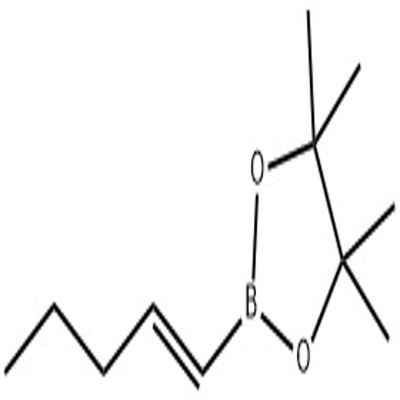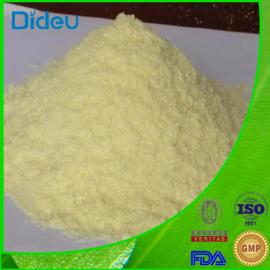-
Categories
-
Pharmaceutical Intermediates
-
Active Pharmaceutical Ingredients
-
Food Additives
- Industrial Coatings
- Agrochemicals
- Dyes and Pigments
- Surfactant
- Flavors and Fragrances
- Chemical Reagents
- Catalyst and Auxiliary
- Natural Products
- Inorganic Chemistry
-
Organic Chemistry
-
Biochemical Engineering
- Analytical Chemistry
- Cosmetic Ingredient
-
Pharmaceutical Intermediates
Promotion
ECHEMI Mall
Wholesale
Weekly Price
Exhibition
News
-
Trade Service
Multidrrring resistance (MDR) is --- the process by which tumors develop resistance to multiple drugs--- the main cause of cancer chemotherapy failure.
cancer cells often gain multidrore resistance by promoting their own production of proteins that pump the drug out of the cells, making chemotherapy ineffective.
now, in a new study, researchers from Zhengzhou University in China have developed nanoparticles that release large amounts of calcium ions in tumor cells, inhibit drug pumps and reverse multidrrupable resistance.
results were published online October 16, 2020 in the journal Nano Letters under the title "Nanoenabled Intracellular Calcium Bursting for Safe and Efficient Reversal of Drug Resistance in Tumor Cells."
papers by Kaixiang Zhang, Zhenzhong Zhang and Jinjin Shi of Zhengzhou University.
images from Nano Letters, 2020, doi:10.1021/acs.nanolett.0c03042.
a pump protein called P-glycoprotein (P-glycoprotein, P-gp) often plays a key role in multidrore resistance.
P-glycoprotein, which is located in the cell membrane, uses the energy provided by adenosine triphosphate (ATP) to pump the drug out of tumor cells.
scientists have tried various methods to block P-glyoproteins, such as using small molecule inhibitors or eliminating ATP.
, the strategies used so far may cause side effects, or the drugs used in these strategies may be unstable in the body.
some medications may be difficult to prepare.
the new study, the researchers wanted to block P-glycoprotein in different ways.
previous studies have shown that allowing tumor cells to load too many calcium ions can reduce both P-glycoprotein production and ATP levels.
, however, they need to find a way to deliver large amounts of calcium ions to cancer cells, together with chemotherapy drugs.
the researchers created the "calcium ion nano-producers(calcium ion nanogenerator, TCaNG)" by loading calcium phosphate nanoparticles with the chemotherapy drug doxorubicin and then wrapping them in molecules that allow TCaNG to target cancer cells.
once inside the cell, TCaNG enters an acidic chamber, where TCaNG disintegrates, releasing both amycin and large amounts of calcium ions.
when they tested cancer cells for TCaNG in a petri dish in the lab, both ATP and P-glycoprotein were produced, allowing amoebin to kill tumor cells that had previously been resistant to the drug.
tested in mice with tumors, the mice treated with TCaNG were significantly smaller in tumor size than the control group after 21 days of treatment, with no significant side effects.
: 1. Junjie Liu et al. Nanoenabled Intracellular Calcium Bursting for Safe and Efficient Reversal of Drug Resistance in Tumor Cells. Nano Letters, 2020, doi:10.1021/acs.nanolett.0c03042.2.Calcium bursts kill drug-resistant tumor cells This article is from Bio Valley, for more information please download Bio Valley APP (







